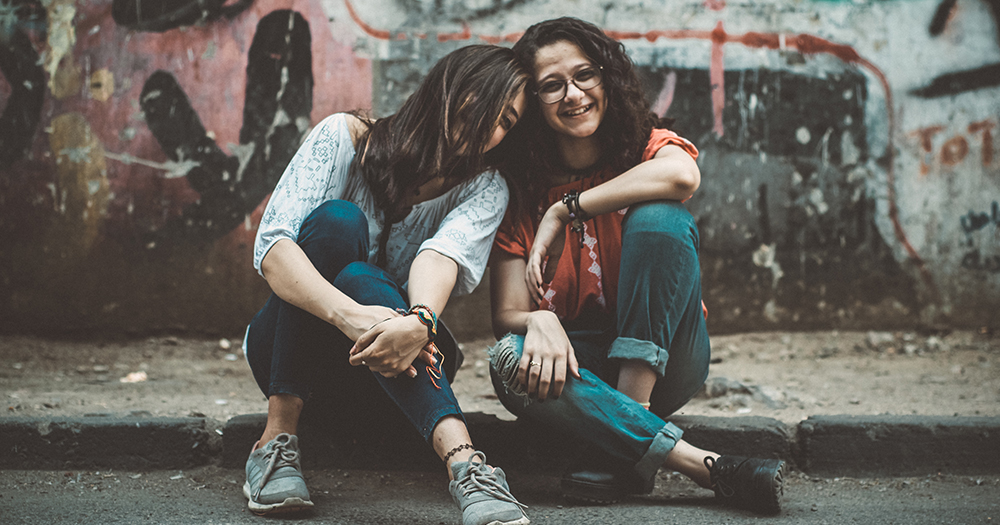Research by Northwestern Medicine has found that gay and lesbian youth showed significantly less psychological distress when in a relationship as opposed to when they are single.
Relationships have been demonstrated to act as a buffer against the negative effects of bullying and victimisation, prior research has not found a protective effect like this for support from parents and friends.
“Romantic relationships add luster to life,” said corresponding author Brian Mustanski, the director of the Institute for Sexual and Gender Minority Health and Wellbeing at Northwestern University Feinberg School of Medicine.
“Your romantic partner can be the first person you reach out to when you have good news to celebrate or for a shoulder to cry on when you have bad news. Having a partner then can amplify the good things in life and provide critical support during tough times.”
The benefits of being in a romantic relationship are well documented in adults. These findings are significant as there has been limited research into the association between romantic relationships and mental health in young people. Even fewer researchers have examined the benefits of dating and romantic relationships for LGBT+ youth.
“There are lot of questions about if and how we should help LGBT teens form romantic relationships so that they can have the same experiences of dating and learning about relationships as their heterosexual peers,” said Sarah Whitton, first author and associate professor of psychology at the University of Cincinnati, who is a long-time collaborator with Mustanski on relationship research in the LGBT community.
“The findings suggest there might be great value in initiatives that could help LGBT youth meet other youth such as citywide ‘queer proms,’ and engage in healthy learning about dating and romance.”
Unique Stressors For Bisexual Youth
The study also showed a significant level of stress in bisexual youth in relationships. Being in a relationship seems to have the opposite effect on bisexuals who say they were 19% more distressed when in a relationship.
“Bisexuals may face unique stressors in relationships,” Mustanski said.
When lesbian and gay individuals were in relationships they were 17% less distressed that when they were not in a relationship.
In previous research, bisexual women reported their romantic male partners expected threesomes with another female and perceived of the woman’s bisexuality as a threat to their own masculinity.
Bisexual men in relationships with women described difficulties discussing their sexuality and experiencing stereotypes that they are really gay and not bisexual.
© 2018 GCN (Gay Community News). All rights reserved.

comments. Please sign in to comment.